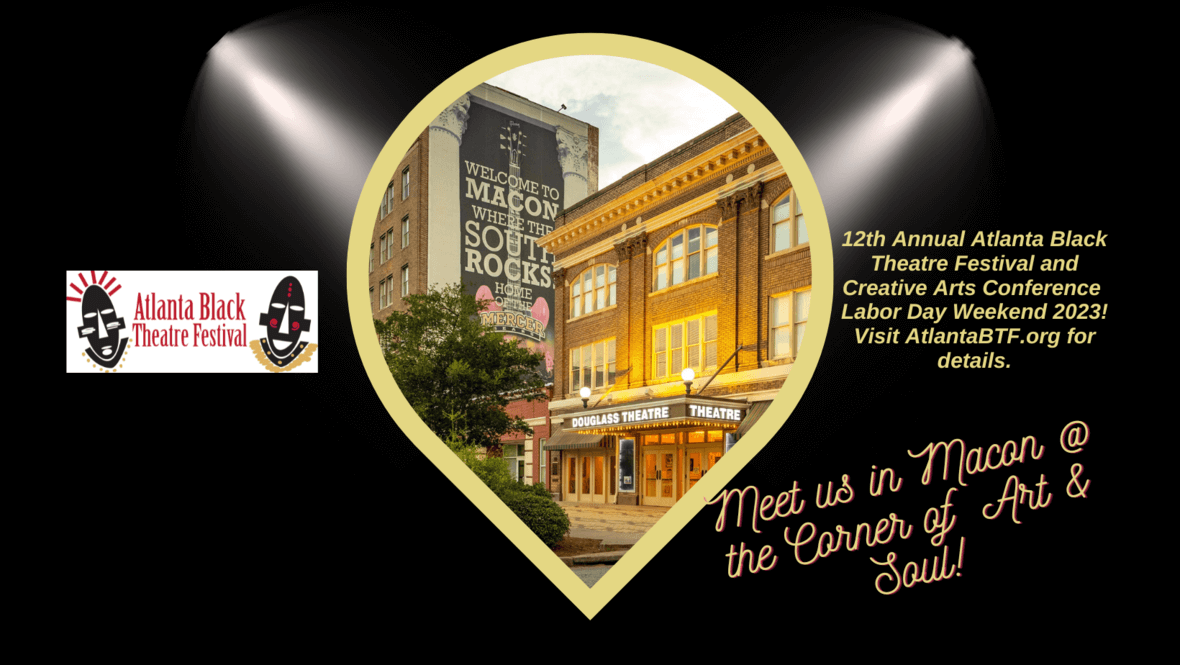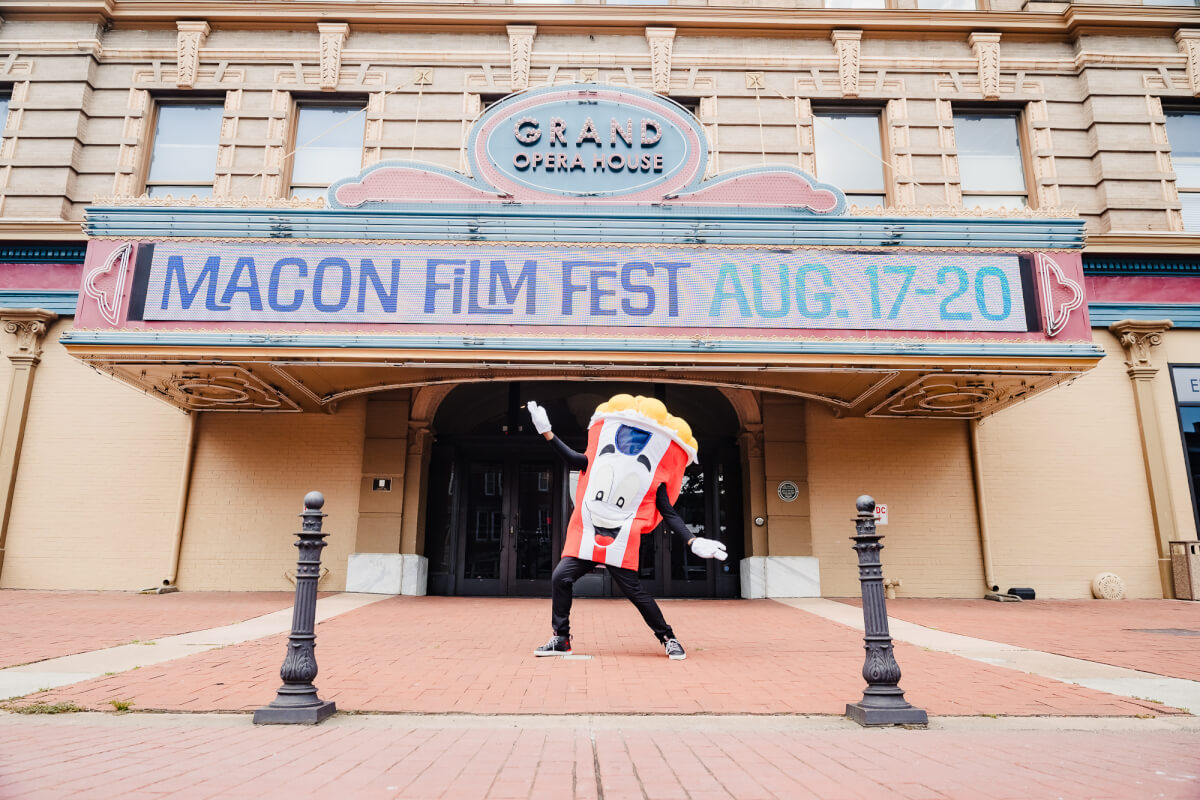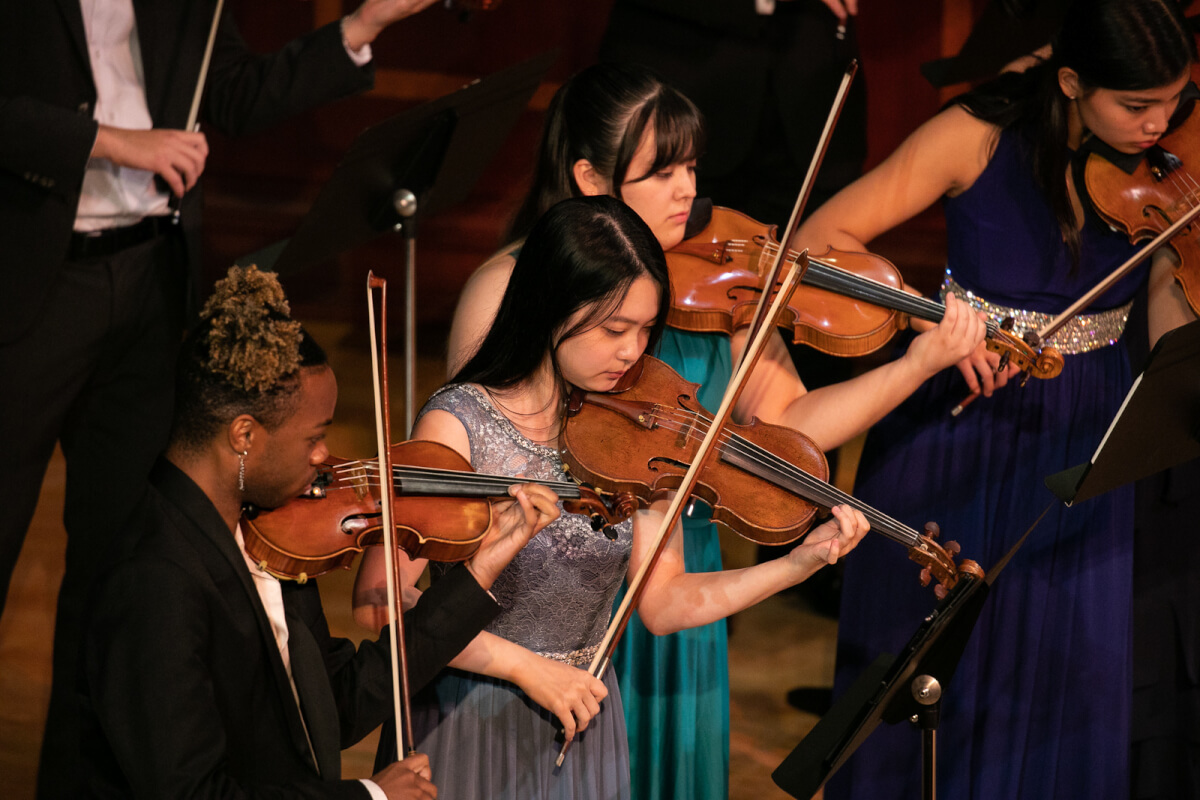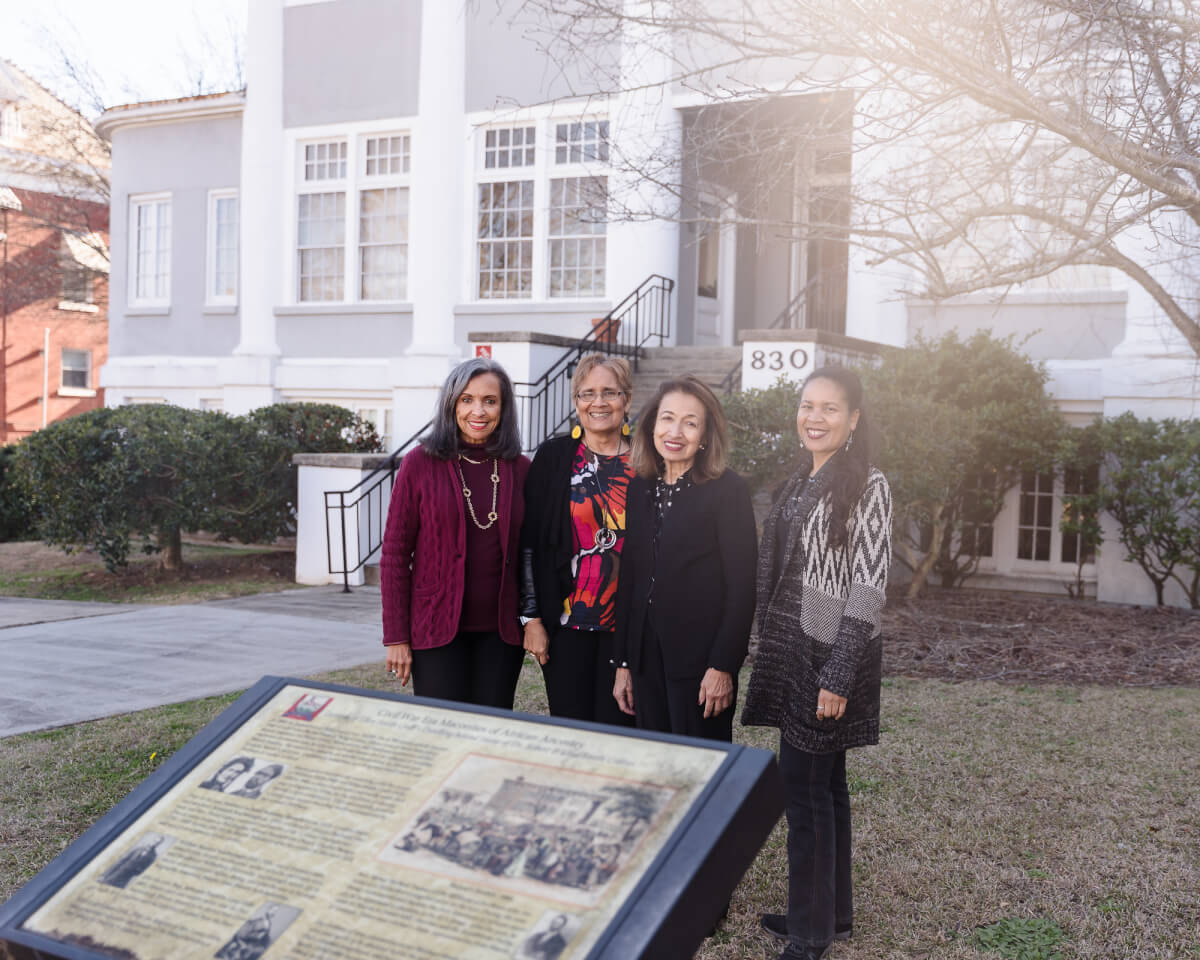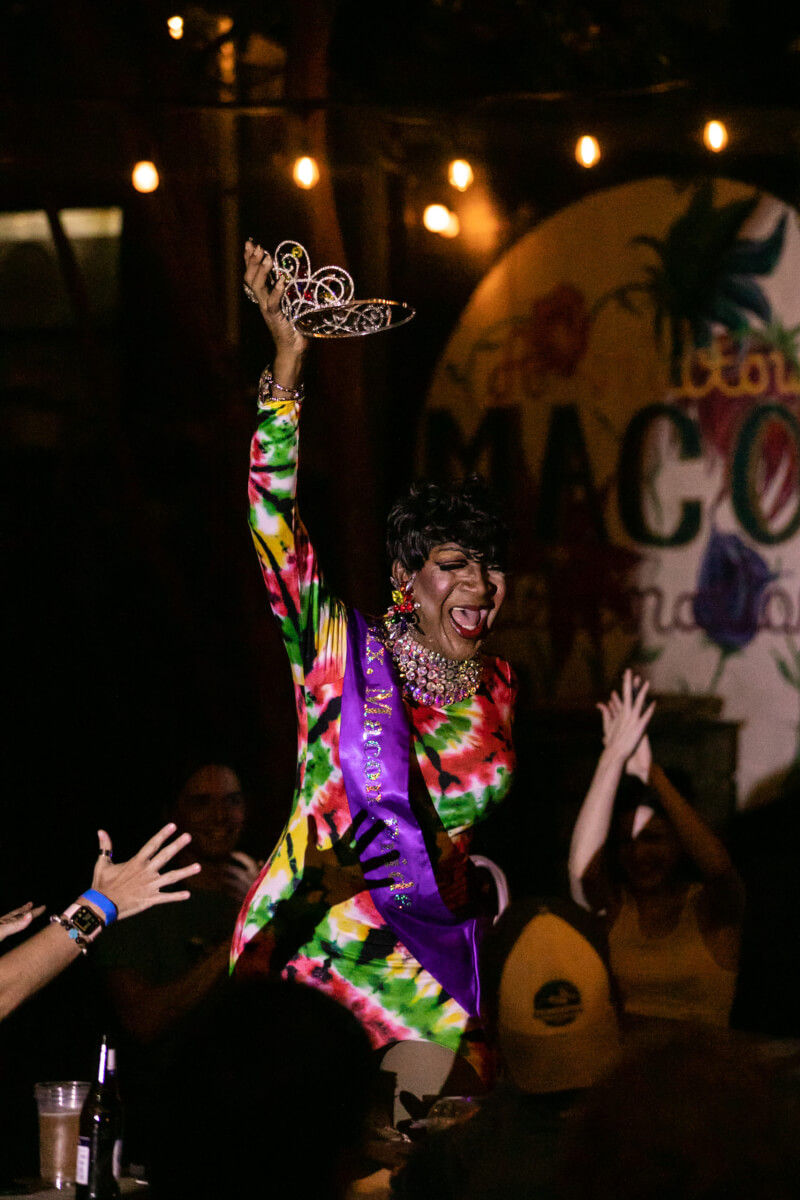
Heroes Among Us: Tangerine Summers
Photography by Erica Word
What inspires you to perform drag?
It started at an early age. I have always been fascinated with fancy clothes and bright stuff, shiny stuff, glittery stuff. We really started when I was in high school. I did my first drag show in high school. I went to Southwest High School. It was called Spring Spring. So we would have, like, talent shows, and I always sang like a girl when I was coming up, so I wouldn’t go through no boy song. So I did Diana Ross’s “Love Hangover,” and I won the contest. So that started me to start doing, you know, and when I would I’d do the school contests and stuff. Then I started drama class in high school, and we did this play called “Skeleton Walk” — I’ll never forget — and I had got sick, and it was a part in the play that you had to be a detective, but you had to dress up like a woman. And all the other guys didn’t — they didn’t want the part because they had to dress up like a woman. So when I come back, come at school, they gave me the part. So I had to dress up. I had to play it on tape and dress up, you know, like a woman, an undercover detective. So that really was what started that wanting to do drag.
How has performing drag informed the way you live now?
Well, I’ve always been openly gay, you know. I never hid my sexuality. Everybody knew that I was gay. I was different. I was different from my other brothers and sisters. I acted different and everything. But doing drag, it just gives me — I can express myself more. And I’ve been doing it for over 50 some years. When I started, when I first did drag, I was, like, 17. And then I started working at the clubs downtown.
How have you seen Macon change over time and their attitudes towards the LGBTQ community change since you’ve started performing drag?
When I first started, it was a law called the masking law. The only time that you could dress up like a woman was during Halloween and during Cherry Blossom. After 12 o’clock, you had to get out of drag. If not, they will lock you up. It was called a masking law, and they would sit outside the clubs and wait for us, for the drag queens who worked the clubs where they had the drag shows. And some of us lived as women and some of us would be going to change, and they would sit, and the police would wait for us to come by, and they would lock us up. But it has changed a lot. It’s more accepted now. I think when RuPaul started drag race, that show, it helped the community a lot because — well, matter of fact, I do work with RuPaul. We have worked together. But it has changed a whole lot, a whole lot from where I come from. It’s more acceptable, and you can express yourself the way you want to express yourself, when back then, you couldn’t express yourself because you would be called names, people would pick at you, you know, stuff like that. But now it’s like — who cares? You know? Everybody can live their life the way they want to.
What do you think the Central Georgia community could do to better support its LGBTQ community, especially the drag queens and kings?
We used to have a lot of clubs, but now we don’t have a club. The local restaurants and stuff would have us do, like, bright shows and Fresh Friday. We’d do shows outside on the streets. Well, we used to be working inside of a club. If the community could open up and give the young ones a place that they can go and be themselves, I mean, that will help the community because we really have nowhere to go but into the street. Street clubs and stuff. They’re opening the doors for us more because we help bring in business because people gonna come wanting to see a man dressed up in a dress singing to a song, but we need more clubs.
Could you tell me more about the drag community? How is a sense of family created in drag community spaces?
In drag, you have a family. You have a mother that teaches you the ropes, the art, of female impersonating. When I first started, I had two. I had a Black mama and I had a white mom. My Black mom was named Gloria. She was the first one to put me in drag. I was downtown one day at a store called Wartenburg down on Cherry Street, and that’s where everybody goes to buy your 45s and you go buy your makeup and stuff like that. But I wasn’t dragging back then. I was still in high school. So I had went down there, I know it was some Saturday. I had always heard my mama talking about these men dressing up like women being downtown. And I said, “A man dressed as a woman?” It just fascinated me. So this particular Saturday, I got a chance to meet one. It was a club called Week Three. And she said, “They’re having a talent night. Would you like to enter it?” I said, “No, no, I don’t-I don’t think so.” She said, “Well, I think you should. Meet me at my house at a certain time, and I’m gonna put you up in drag.” I said, “Put me in drag?” She’s said, “I’m gonna put you up in drag, and you gonna do the talent show.” I said, “Okay, well remember now, I’m still in school.” She wanted to cut my eyebrows and everything off. I said, “You can’t do that. I’m still in school. And, you know, I go home with no eyebrow, my mom and dad is gonna hit the ceiling.” We got around all that, so I went down there, and I end up winning the contest. The first drag song I did was Gladys Knight, “Midnight Train to Georgia.” I won the little contest, so they boosted me and boosted me. Some years and years went by and then AIDS hit. And my drag mom, my first drag mama, she died of AIDS. So I had to get another drag mama. In the drag world, it was still kind of racist. It was only really two Black drag queens that could work in the clubs. There was me and this queen named Stephanie Phillips. And Stephanie would work in one club and I work in one club. Well, this older, older, older white queen, her name was Billy Boots, she moved here from Florida, and she took me under her wing and showed me the art of female impersonating, what it’s really all about. It’s not about just getting up in drag, getting out there, doing songs. It’s a lot you have to go through. For a while, ’til she died, she was my drag mother. You have to have a drag mother to teach you the things that you need to know. Then, after she died, I was old enough to carry on by myself because she had taught me what I needed to know.
Have you been a drag mother to other people?
I have had a few children, but the children these days, they got their own idea. You can tell them something, they’ll listen for a while, and then they’ll want to do their own thing. So I just sit back and I just watch them. If they ask me for advice, I give them advice because I’ve won numerous a title here in Macon. Right now I’m the reigning Miss Macon Pride, I’m Miss New Face of Atlanta, and on the 21st of this month I’ll be givin’ up Miss New Face. There’s a lot of stir, too, about the Miss Cherry Blossom thing where, years ago, they used to have a contest downtown. The club was on Cotton Avenue, and it was called The Landmark. Well, Billy Boots, she impersonated Mae West. Back then, there were the little ladies in the shop during the contest, so this lady named Charlotte appears to shop next door to the contest. Charlotte wanted to do the contest. And she went as Mae West with what she borrowed from Billy Boots’s stuff. So this particular Saturday that I came downtown, I noticed all these people downtown. I said, “What’s going on downtown?” And Billy said, “It’s the Cherry Blossom thing, something like that.” Well Charlotte and Billy had had some words. Billy said, “Why don’t you go down there and enter the contest?” I said, “I can’t enter no contest, Billy!” She said, “Yes you can. Go enter the contest.” Just like that. I said, “No, I can’t. No. They ain’t gonna let me into nothin’.” She said “Enter the contest.” I said, “Well, who can I go as?” She said, “Well, go as Black Mae West.” So I said, “O-kay.” So I went down that day and when I got down, you had to sign up. The lady that was doing the sign up said, “I don’t know what category to put you in. I don’t know whether to put you in the men or put you in a women. I don’t know.” And Bill Powell was the radio announcer. I had no idea Charlotte was contestant number 29, and I was the last contestant. I was contestant 30. When Bill Powell saw me, he said, “What possessed you to come down here and do this?” Talkin’ like that. I said, “I just felt like coming down here and doin’ this.” And I walked off, never knowin’ that I had won the contest. Then Monday, my mama called. I was at home. My mama called — she said my real name, Ray Rob — she said, “Ray Rob, did you know what you done did?” I said, “I ain’t did nothing. I ain’t got in no trouble late.” She said, “Oh, you sure have. You don’t know what you done did?” I said, “No, ma’am. I haven’t did anything.” She said, “Uh, have you looked at the paper?” I said, “No, I haven’t looked at no paper.” She said, “Did you go down there and enter that contest as Black Mae West?” I said, “Yes…” She said, “Did you know that you won the Miss Cherry Blossom?” I said, “I ain’t won no Miss Cherry Blossom.” She said, “Yes, you have. If you went as Black Mae West, you won the contest.” So I had to call up to Channel 13 and Dale Ward, she said, “Did you do Black Mae West?” I said, “Yes.” She said, “Well, you won the contest.” But they had to keep it hush hush because I was a man. Back then, it wasn’t open, so they had to keep stuff hush hush. So she said, “Well, you have to get back up in drag, come over here, and get your check” — I won $500 — “You have to get your picture with me to be receiving your check. But after that, you can let no more be said about it because you was a man, but you dressed up like a woman, and you went down there, and you won the contest.” It was amazing because like I said, it really wasn’t accepted until, like, Cherry Blossom/Halloween after 12 o’clock feels like Cinderella goin’ to the ball. Then, at 12 o’clock, you had to go back to bein’ the ugly duckling. Unless you had on one piece of clothing of a man, they would lock you up.
What do you wish more people knew about drag?
It’s a art. It really is. The things that we have to go through to prove — like, I do Tina Turner, I do Mary J. Blige — you have to sit down and study these people, their moves, you know, how they act, how they carry themselves. Some people think it’s gettin’ up in drag, lipsyncin’ to a song — it’s not that. You have to have a costume. You just can’t go out there in anything because they be lookin’ for the glitz and the glamour.
What makes you feel appreciated?
I feel appreciated when I put a smile on somebody’s face. Like I said, back years ago, we had, like, six or seven gay clubs here in Macon. And my drag mom, Billy Boots — sometimes, business be slow, and the other girls would complain about it wasn’t no customers in the club. If one person paid five dollars to come in, you’d give them a show like it’s 100 people in a bar. “Because,” she [Billy Boots] said, “if you put a smile on their face, and you never know what that person was going through, if you could put a smile on somebody’s face, you accomplished something.” If I can make someone smile and have a good time, I’m satisfied.
What is the legacy you hope to leave?
That the up-and-coming queens here in Macon pull it together because we have separated. You got this group, and you got this group, and they fight against each other. You got some that don’t like some because some are better than others. I’m the oldest living drag queen, and I sit back and I watch how they fight against each other instead of trying to pull together. It was bad when the straight community was going against us, and then when you got the gay community going at it against the gays, it’s really sad. My legacy is that one day we can all just join, come back together like we used to and be one big happy family. That would be the biggest thing that I would like to see.
What advice would you have for the younger drag queens and kings in the Macon community?
To be the very best because you got someone, they try, and people sit back and laugh at ’em when they come out on stage. Maybe their wig might fall off, and this their first time doing drag. That can hurt you. They make some feel bad. And the other ones sit back and laugh at them. I think we need to help each other. When one is down, we need to pick them up, show them the ropes, show them the right way to do it, how to apply their makeup, don’t go out there looking all wrong. We’ve got a lot of work. We got a long way to go.
What would you say makes a hero?
Somebody that gives back to the community. Like I said, I’ve been doing it for a long time. When AIDS first come around, we used to do certain things to raise money for people with AIDS that didn’t have it, their family had threw them away, didn’t want nothing to do with them. We would raise money to give them shelter, to give them a Christmas, to give them a good Christmas, but we don’t do that now. Everybody, everybody’s for themselves. We still got a lot of gay people that’s out there that’s homeless. They don’t have a family because when their family find out that they’re gay, they shove ’em away from them. I thank God that my family stood by me, accepted me for who I was and what I was. My mom and my dad — my dad used to come and watch the shows. Back then, that was strange, for a Black gay person’s father to come watch their son dressed up like a, like a girl and do shows and stuff. To make a hero, you have to do a lot, and I have done a lot for the gay community here. I have raised a lot of money. I have helped a lot of people with AIDS. We used to have our benefit shows, used to rent the city auditorium and do big benefits shows. We don’t do none of that no more. I was one of the first ones planning for the gay community. I was the first one to help raise money to get the clinic so they can get medical attention and stuff like that. I think people like that’s what makes a hero.
What’s the reason that you get out of bed every morning?
Life.
What about life?
My higher power, which I choose to call God, gives me another chance of life. A lot of people don’t know, but a lot of people do know, I was diagnosed in ’88 with HIV. But to wake up every morning and sit at the table, that’s a blessing. At my age — I’m 61 years old, soon to be 62, and God, He helped bless me. I had a drug problem. I’ve been clean now for 28 years, and that’s a miracle. To wake up every day and not want to get high, not want to drink. That’s what makes me go.
If you had more time, what would you want to do with it?
Just live my life to the fullest. Just live it fully. Just-just enjoy life! And my family.
Can you tell me more about your family?
Well, okay. I have two brothers and I have a sister, my older sister. Well, back then, like I said, I was sneaking, going downtown, doin’ drag, goin’ to the clubs ’cause I always been tall, so I can work in the clubs, long as I didn’t drink. I still drank, but I can work at the clothes. And this friend of my sister’s, they worked together, and he was gay, so he would come to the clubs on Fridays and Saturdays and see shows, and he would go back to work and tell my older sister that “I think your sister–” My sister said, “I don’t have a sister.” He said, “You got a sister. It might not be like you, but you got a sister.” And then she said, “You talkin’ about my brother Ray?” He said, “Yeah.” She said, “Ray be dressin’ up?” Because I would sneak off and go do it. I wouldn’t do it at home. I would be Ray at home and be Tangerine somewhere else. So she sat down and she talked to my mom and my dad she said, “Well, y’all need to let him be who he is gonna be. Don’t shun him for what he does. From what I heard he’s real good at what he does.” It took my dad a while. You know, your son, this your son, and your son is dressing up like a woman. My dad had a saying that it was only three women in the house, and that was my mom, my sister, and our little dog named Lady. They was the only three women that was in the house. [Me and my brothers], we was the boys. Well, I would say in my mind, you might think that, but you got another daughter. You might not recognize me yourself as your daughter, but I’m your daughter. And my mama, boy, she cheers. Certainly she was, like, one of my biggest fans ever. My older brother, during Christmastime when you had to buy gifts and stuff like that, he was saying, “Now, I’m gonna give you some money, but I’m not gonna go buy you no women’s clothes. You go buy what you wanna buy. I accept you for what you do, but I just can’t go and buy you no women’s clothes. But I still accept you.” My brother, my other brother, he used to always say, “Be the best of whatever you’re gonna be. Be the best and do the best.” And that always inspired me to do the best and to be the best. And that’s why I always tried to do the best at everything that I did. I tried to be top number one. And guess what, I won a lot of titles. A lot. I have won numerous titles: Miss Gay Macon, Miss Cherry Blossom, Miss — oh, numerous things that I’ve won because I’ve never given up. I like that I win it the first time, but I’m not gonna stop. I’m gonna keep on trying to put that crown on my head. It was, like, 12 years before I got a chance to win Miss Macon, Miss Gay Macon. They wouldn’t let a Black queen win. Like I said, back then, it was still kind of racist, and they wouldn’t let a Black queen win, and this queen from Atlanta named Melissa moved here, and she said, “We’re gonna change that. You’re gonna be the next Miss Macon.” I said, “They not gonna give that to me.” She said, “You will be the next one.” And I end up being the next one.
What do you love most about drag?
Oh, just putting on the makeup and stuff like that. Like, I gotta go be a diva today. I gotta go to Atlanta tomorrow. I got two shows in Atlanta. Just getting up into the drag and getting into that feeling and getting into that look — just seeing the transformation.
Is there anything else that you want me to know?
Like I said, I’m a recovering addict. I’ve been clean for 28 years. And in the drag world, you get caught up. You want to be the top girls, so you want to — they’re doin’ their thing, and you want to fit in, so you get caught up. When I first started doing drag, I didn’t drink. I didn’t do that. Like I said, you got different groups. And these girls, the upper-class girls, they was doing their thing and say you want to fit in, so that’s how you end up getting caught. It’s some good and it’s some bad in drag. And to the young ones that are coming up, I would like to say don’t get caught up. Be yourself. Be a leader and not a follower. Back then, I was mostly a follower. Then I ended up being a leader when I got myself back together. I would like you to just leave with that. Don’t be a follower. Be a leader in the drag world.




